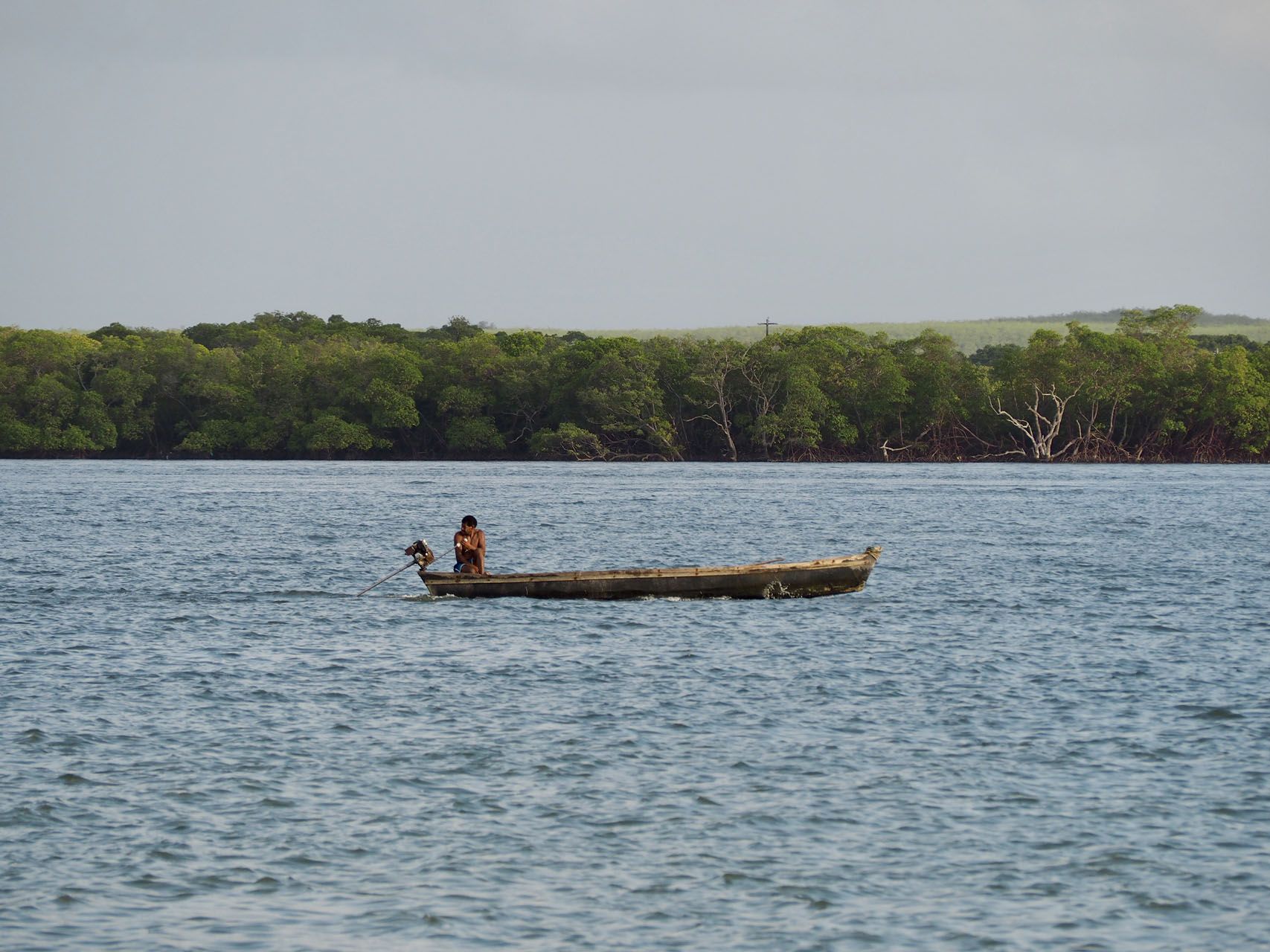
Chefs de mission / chiefs scientist
A crucial premise to a pertinent use of Decision Support Tools in MSP relies on providing existing scientific knowledge in a convenient format. These secondments allowed giving each time an extensive 60hs lecture to an interdisciplinary audience of master and PhD student from biology, ecology, statistics and data science areas, coming from a variety of Brazilian universities (UFRPE, UFPE, UFAL and FURG). The lecture focused on movement ecology and space-use at sea, providing insights on (i) questions and challenges regarding the the conciliation of conservation and human activities at-sea, (ii) the technical challenges regarding the integration of observation data on species distribution and space-use by human activities, (iii) cutting edge modeling approaches for inferring from raw tracking data and environmental data accurate hotspot and cold spots of space use for living organisms and human activities.
Each of these 60h lectures comprised theoretical sessions and applied activities from collecting the data, processing and modeling it, up to how to represent and communicate to stakeholder maps of hotspots and cold spots for marine life and human uses. The accent was put on fostering collaboration between students of the different areas (biology, ecology, data science and statistics). To this end, the final evaluation consisted in the elaboration, by interdisciplinary groups of 3/4 students, of a full research proposal, on a specific small-scale study case, aiming at producing scientific knowledge on species distribution and human activities that could feed the resolution of conflicts within an MSP approach.